
Urban Planning - Urban Planning Insight
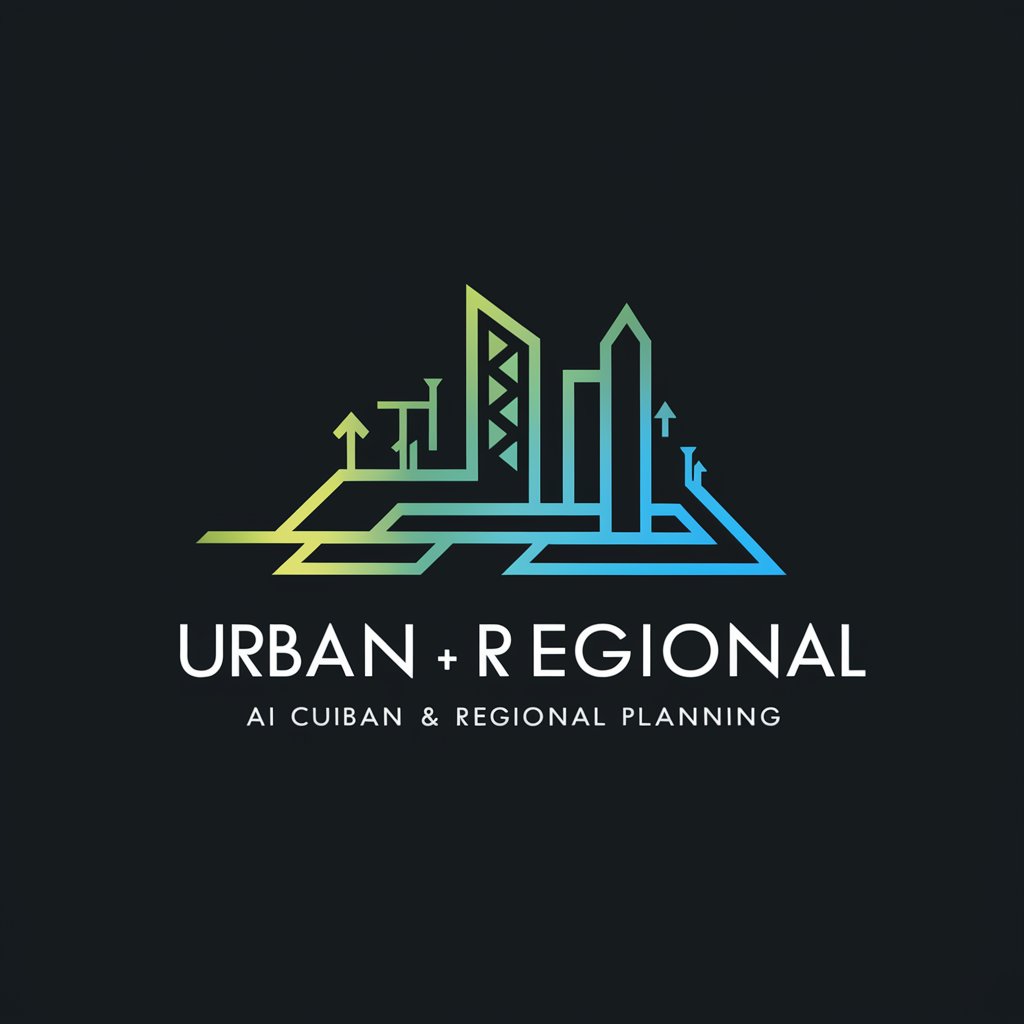
Welcome! How can I assist you with urban and regional planning today?
AI-Powered Urban Development Guidance
How can urban planners effectively balance development and environmental sustainability?
What are the best practices for creating walkable cities?
How do zoning laws impact urban growth and development?
What role does public transportation play in sustainable city planning?
Get Embed Code
Overview of Urban Planning
Urban Planning, often referred to as city planning or regional planning, is a dynamic field focused on shaping the development and organization of urban spaces. This field blends elements of architecture, public policy, and social science to create sustainable, functional, and aesthetically pleasing environments. Urban planners tackle issues like zoning, land use, environmental sustainability, transportation, and community development. For example, in designing a new suburb, planners would consider the placement of roads, parks, schools, and residential areas, ensuring efficient traffic flow, green spaces, and access to essential services. Powered by ChatGPT-4o。

Key Functions of Urban Planning
Zoning and Land Use Planning
Example
Determining areas for residential, commercial, and industrial purposes.
Scenario
In a growing city, planners might designate zones to balance urban growth with environmental conservation, such as specifying areas for high-density housing while preserving green belts.
Transportation Planning
Example
Designing efficient public transport systems and road networks.
Scenario
In a metropolitan area, planners might develop a new bus rapid transit system to reduce traffic congestion and promote sustainable travel.
Environmental Sustainability
Example
Implementing green infrastructure and sustainability practices.
Scenario
Urban planners may integrate rain gardens and permeable pavements in a neighborhood to manage stormwater and reduce urban heat islands.
Community Development and Engagement
Example
Facilitating public participation in planning processes.
Scenario
Planners might organize community workshops to gather input on a new park development, ensuring it meets the needs and preferences of local residents.
Target Users of Urban Planning Services
Government Agencies
Local, regional, and national governments require urban planning for policy formulation, infrastructure development, and urban management. They benefit from planning services in creating livable, sustainable, and economically viable communities.
Real Estate Developers
Developers rely on urban planning for insights on land use, market analysis, and compliance with zoning laws, helping them to make informed decisions about property development and investments.
Community Organizations
Non-profits and community groups engage with urban planning to advocate for the needs of local populations, focusing on issues like affordable housing, community resources, and equitable development.
Environmental Consultants
Professionals in environmental consulting use urban planning to integrate sustainable practices in development projects, addressing challenges like climate change adaptation and resource management.

Guidelines for Using Urban Planning GPT
Start a Free Trial
Begin by visiting yeschat.ai to access a free trial of Urban Planning GPT, no login or ChatGPT Plus subscription required.
Identify Your Needs
Determine your specific urban planning inquiries or projects. This could include city design, transportation planning, or environmental sustainability.
Engage with the Tool
Interact with Urban Planning GPT by asking questions or describing scenarios related to urban and regional planning.
Analyze Responses
Carefully review the detailed, context-specific advice and information provided, applying it to your urban planning context.
Implement Insights
Use the insights gained to inform your urban planning decisions, strategies, or academic pursuits.
Try other advanced and practical GPTs
City Planning
Guiding urban futures with AI-powered insights
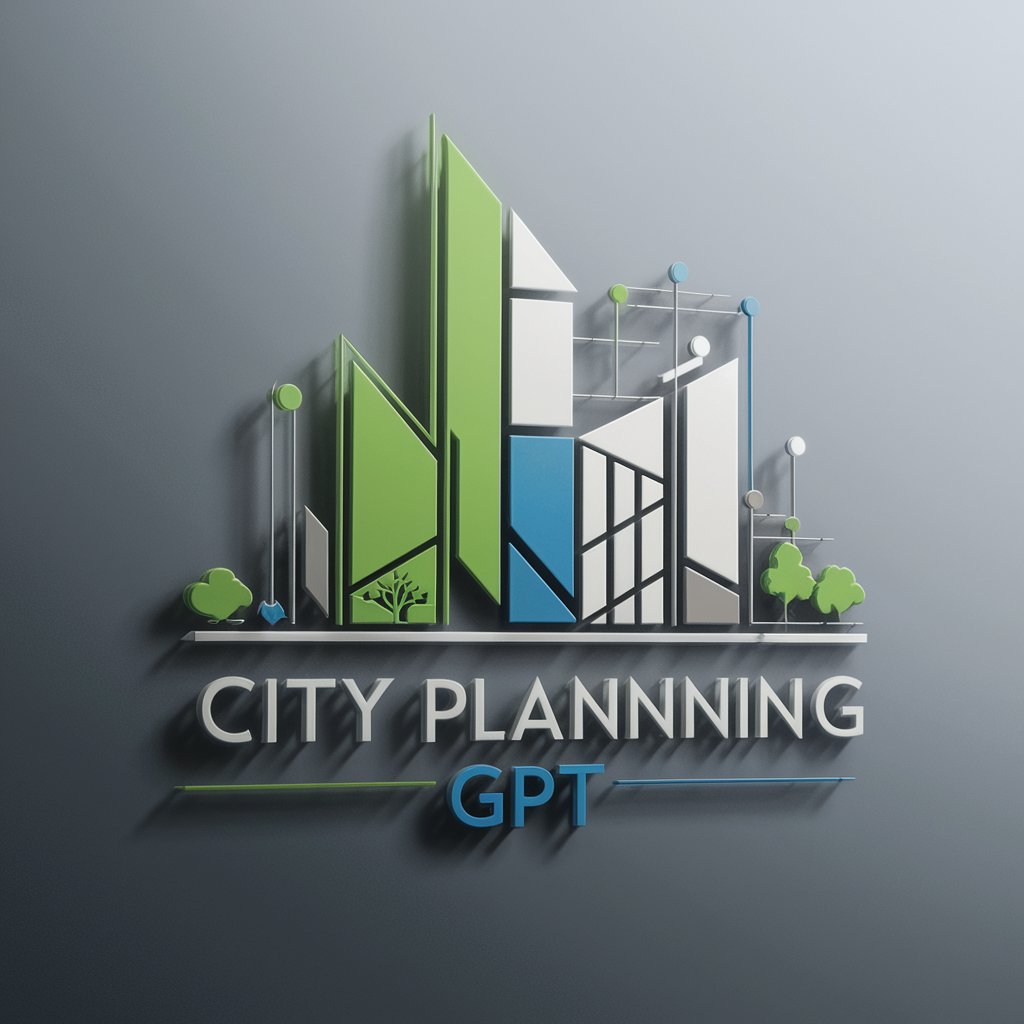
OpenAPI Schema Assistant
Automate API integration with AI-powered precision
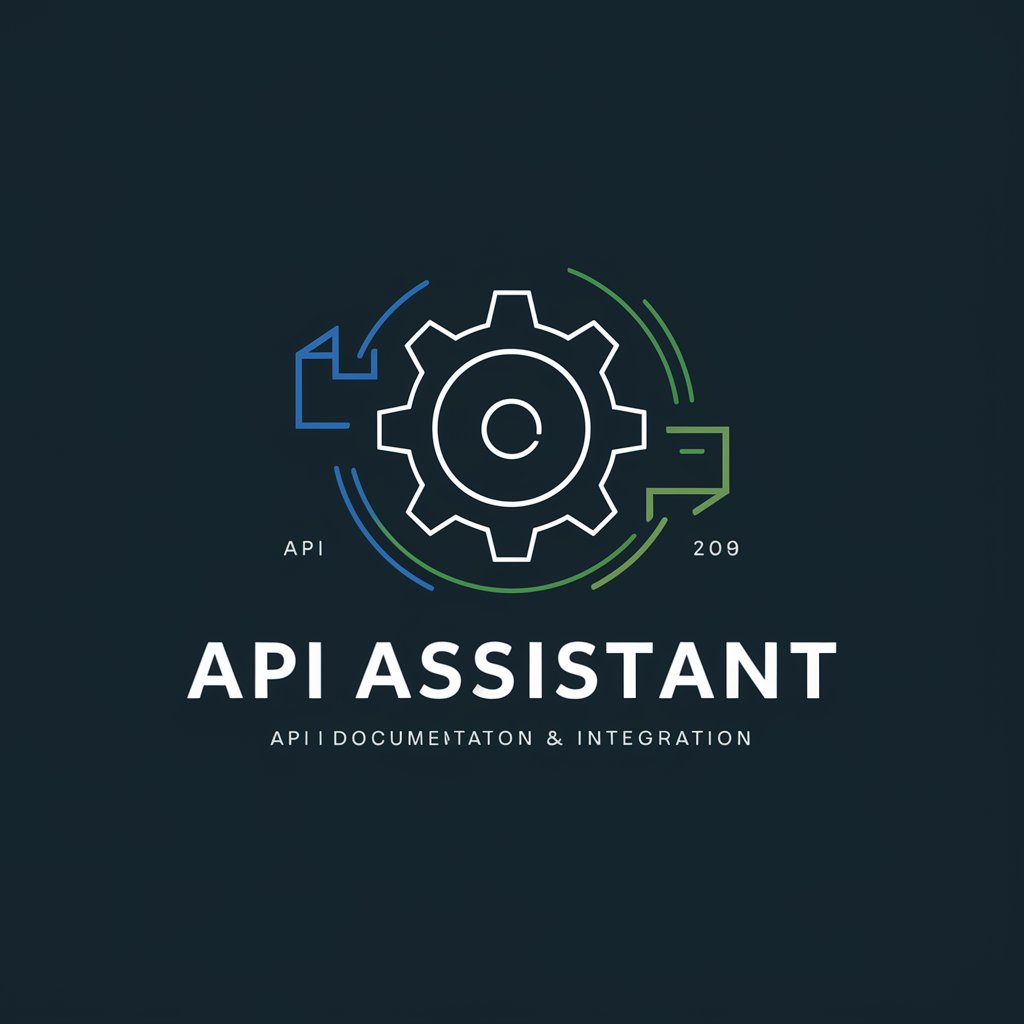
Urban Planning & Development Advisor
Revolutionizing Urban Planning with AI
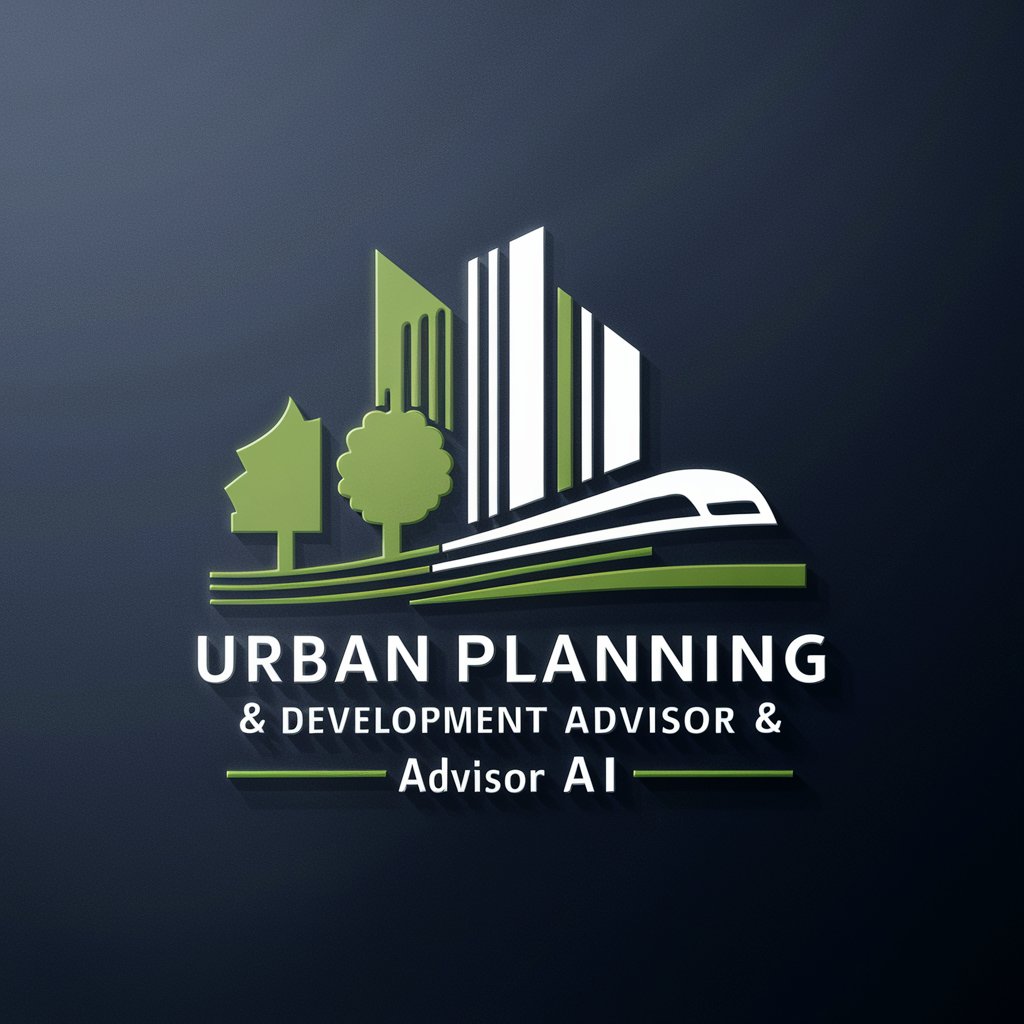
Retirement Planning
Empowering your financial independence with AI
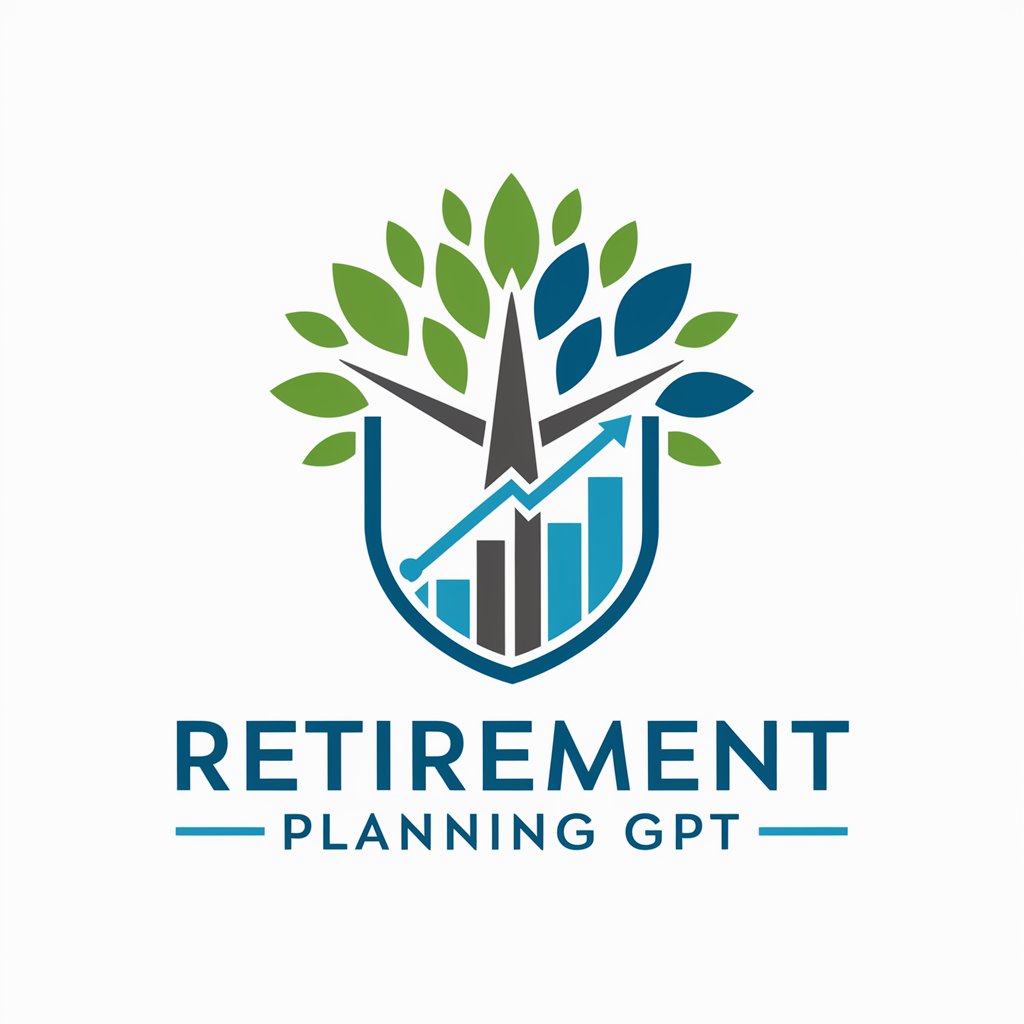
Corporate Event Planning
Empowering Your Events with AI

Swing Set
Elevate Outdoor Play with AI
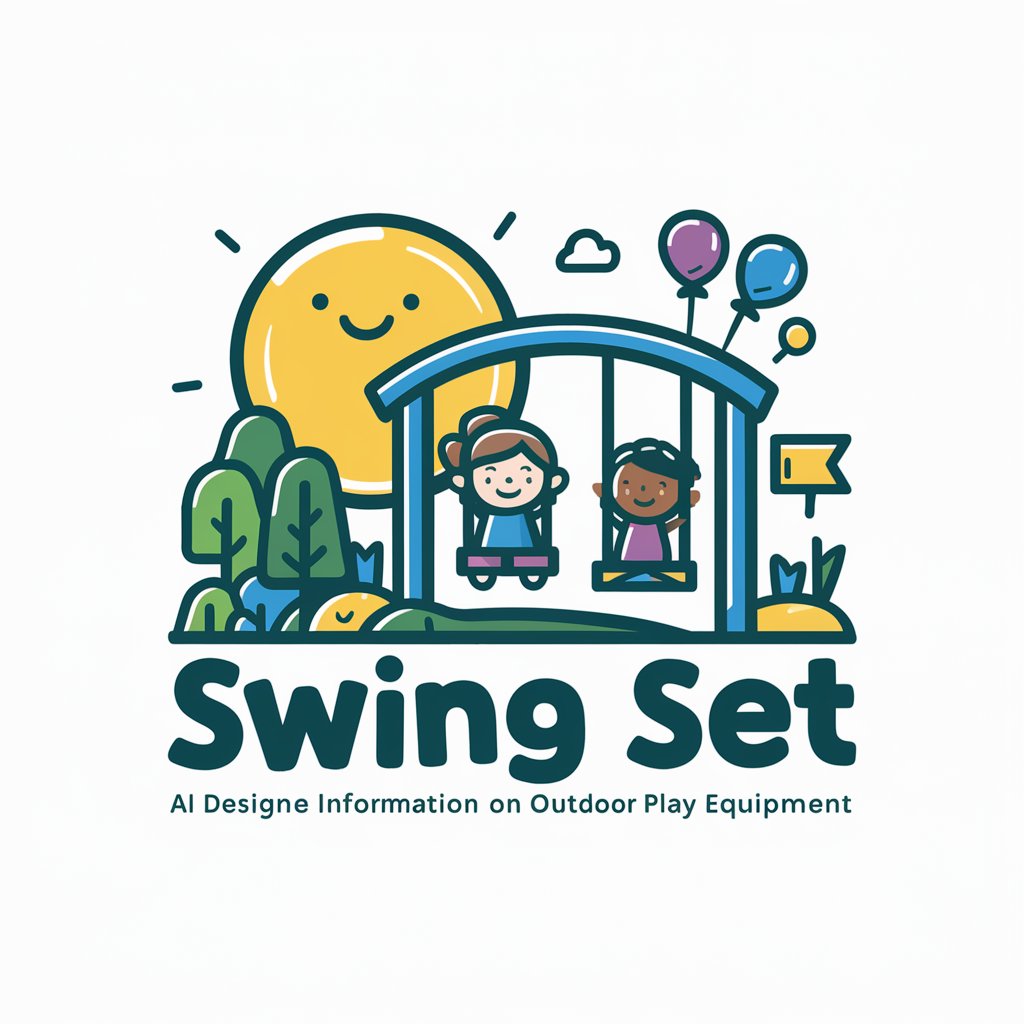
Regional Planning
Empowering Urban Innovation with AI
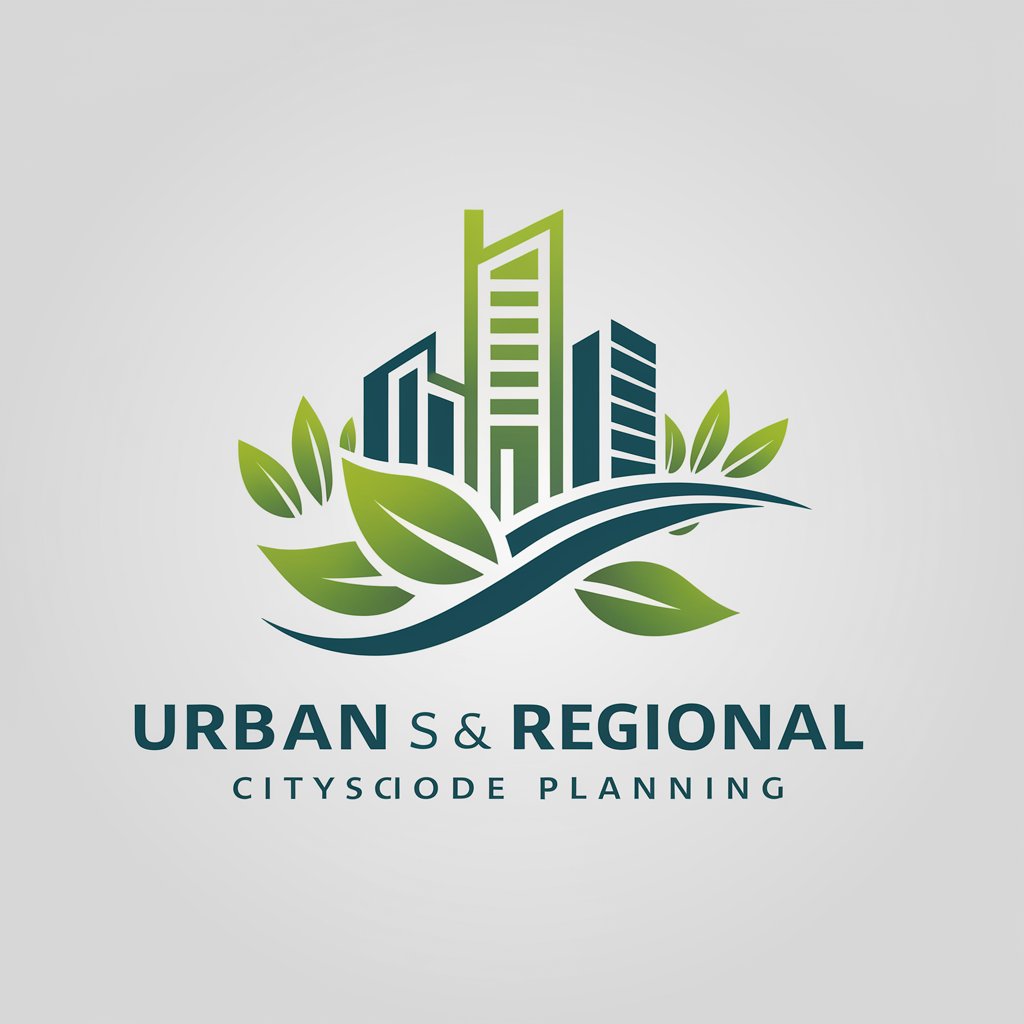
The Oven Buddy
Master the art of precision cooking

Zagon Guide
Empowering understanding of Kurdistan's democratic constitution.
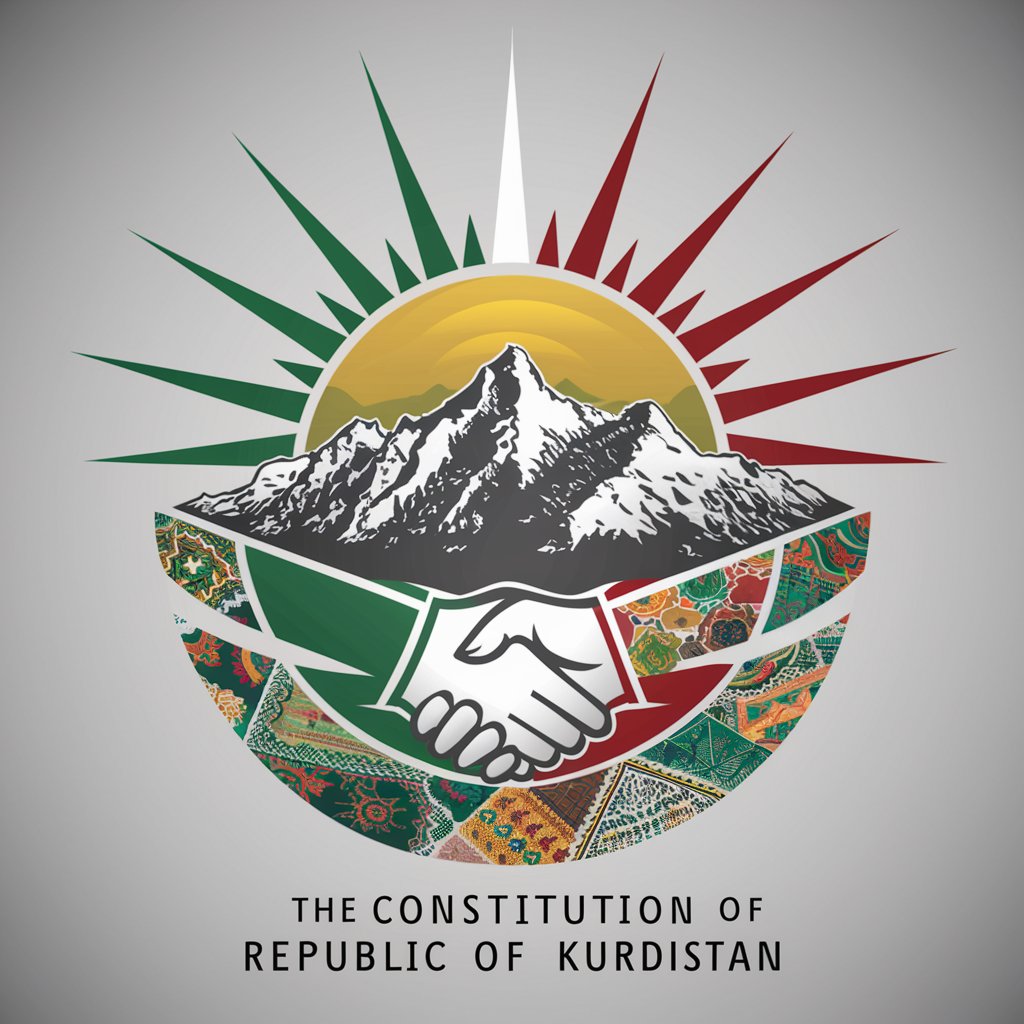
Create Images for Article
Enhance articles with AI-powered images.

Constitution Coach GPT
Empowering Constitutional Understanding with AI
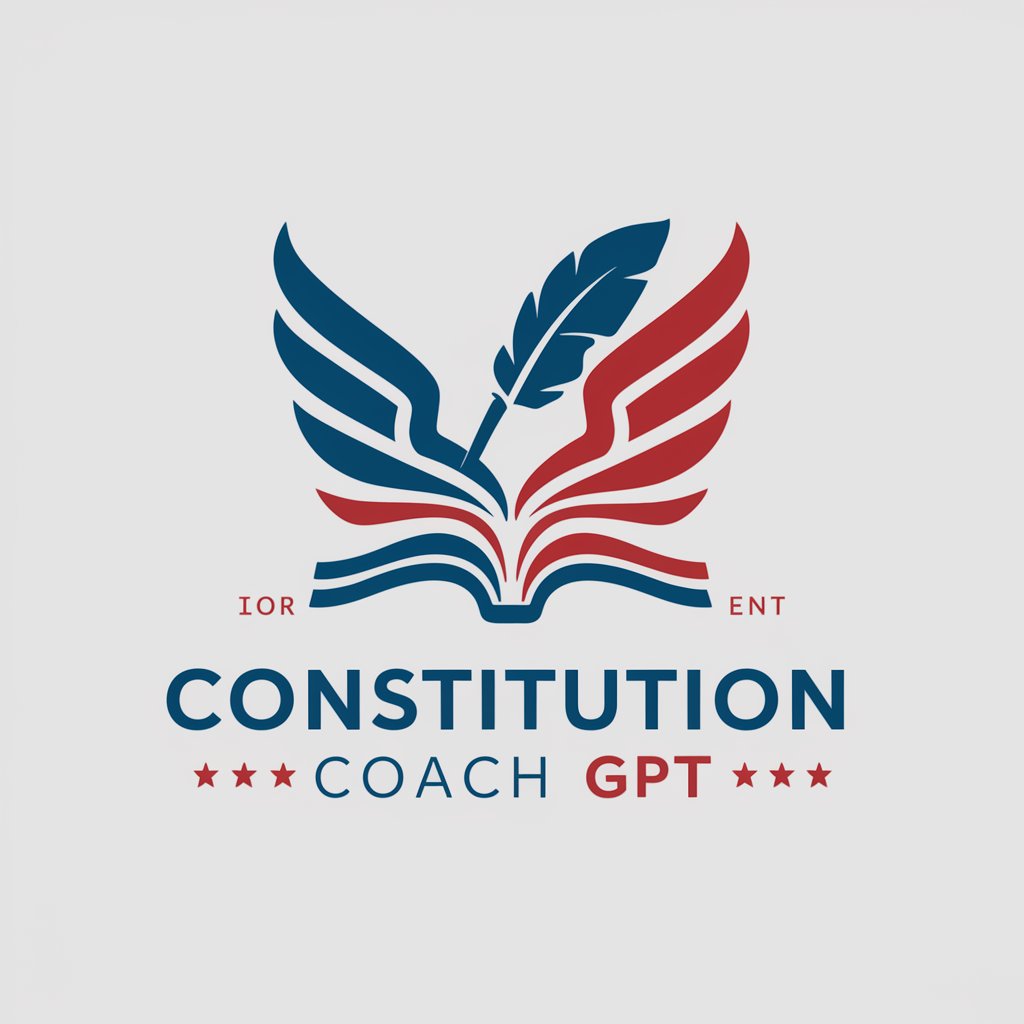
Long Form Outline Creator by Brain8
Craft detailed content blueprints effortlessly.
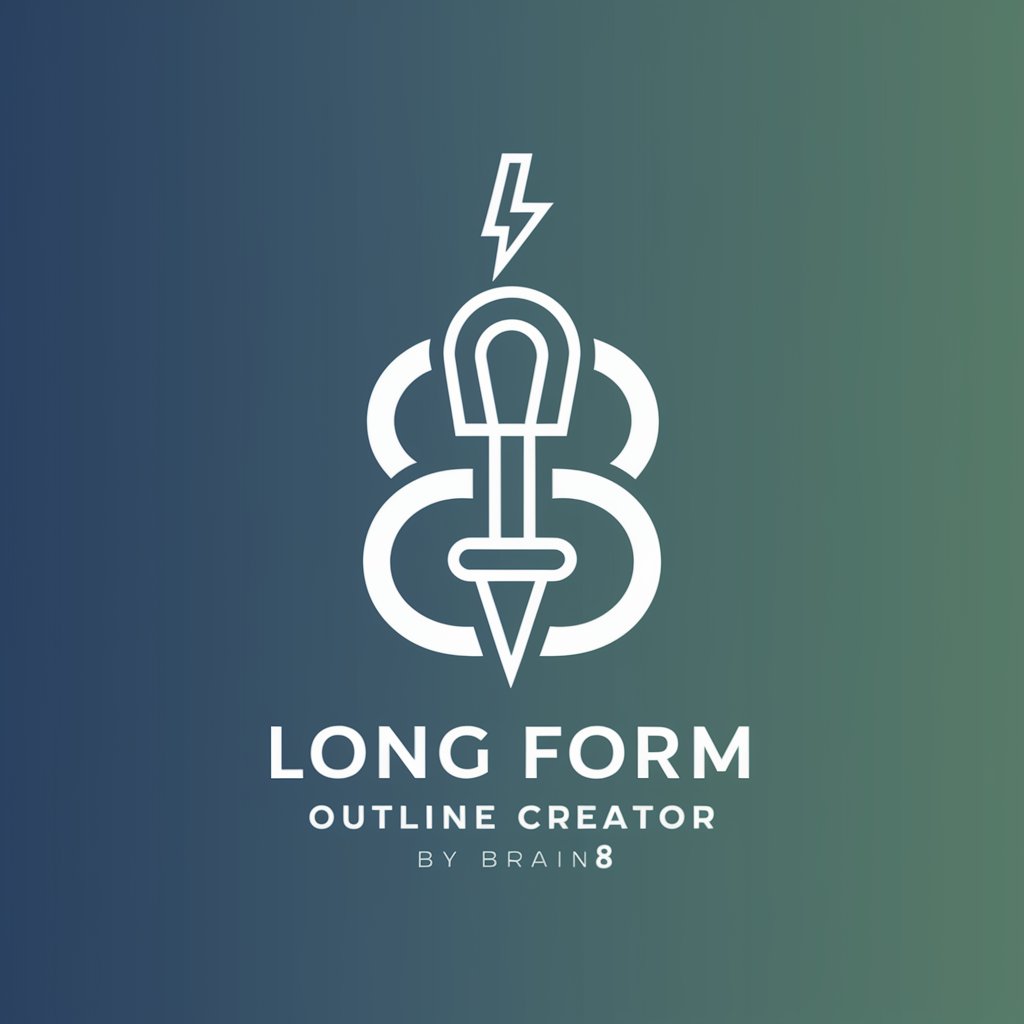
Urban Planning GPT Q&A
How can Urban Planning GPT assist in city design?
Urban Planning GPT offers in-depth knowledge on city design principles, sustainable practices, and innovative urban solutions. It can provide guidance on zoning, public spaces, and infrastructure development, tailored to specific urban contexts.
Can this tool help with transportation planning?
Absolutely. Urban Planning GPT provides insights on various transportation systems, traffic management, and the integration of sustainable transport options like cycling lanes and public transit.
Is Urban Planning GPT useful for environmental sustainability?
Yes, it offers expertise in sustainable urban development, including green infrastructure, energy-efficient building practices, and urban resilience strategies to combat climate change.
How can professionals use this tool in urban planning?
Professionals can use Urban Planning GPT for research, policy development, and strategic planning. It offers data-driven insights and best practices in urban development, aiding in more informed decision-making.
Can this tool assist in academic research?
Urban Planning GPT is an excellent resource for students and researchers, offering up-to-date information, case studies, and theoretical perspectives in urban and regional planning disciplines.